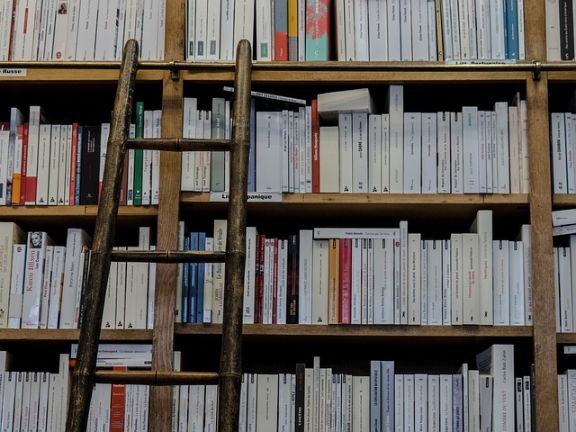- Home
- Call for papers
Call for papers

The meaning of teaching history
- Guest editor: Prof. Dr. Antonio Canales Serrano
- Catedrático de Historia de la Educación
- Educational Studies department
- Faculty of Education
- Complutense University of Madrid
- Catedrático de Historia de la Educación
History has been a central component of school curricula. Historically, its main mission was to provide the epic tale of a community struggling for its existence since the dawn of time. It thus responded to the nationalising aim of the nineteenth century national education systems and their desire to create Frenchmen, Italians or Spaniards. To the geographical imaginary delimited by strictly political borders was added, for each child, a collective becoming that gave meaning to the current political community, one culturally unified in the subjects of language and literature. A territory, a language and a past were the pillars on which the nation was built at school.
The way of doing history that underlay this approach was strongly challenged from the mid-twentieth century onwards and was eventually displaced from the disciplinary field by social history. But before this shift had time to be transferred to the field of education, the postmodern challenge shook the foundations of the discipline itself. New voices from new collectives today make up a contesting polyphony of narratives about the past which, far removed from the unidirectional order of the national epic, is emerging as an evanescent mass of confusing profiles in continuous transformation.
This liquid past raises the question of the meaning of the teaching of history in our schools. Does history still play a role in the shaping of our societies and the way they work? Are we going to replace the old contested national narrative with an axiological archaeology that guarantees the moral pedigree of those people or groups we consider worthy of being included in the Olympus of memory? Does it still make any sense to transmit a vision of the past based on grey social processes that have led to the present? Would it not be more democratic and plural to provide the new generations with rhetorical resources to challenge and participate on equal terms in the battle for the narration of a felt past that makes sense according to their political agenda at any given moment?
This special issue aims to supply a range of positions on all these questions that go beyond purely didactic issues.
Deadline for the articles submission: September, 15th, 2024


